My faith has been deepened by allowing Scripture to engage my imagination. The idea of a Sabbath Rest following the awful events of Good Friday has always fascinated me. I hope you enjoy my thoughts on that first Holy Saturday.
It was the day of Preparation, and the Sabbath was beginning. The women who had come with him from Galilee saw the tomb and how his body was laid. Then they returned and prepared spices and ointments. On the Sabbath they rested according to the commandment. Luke 23:54-56
Whose idea was a day of rest anyway? She thought. Remembering it wasn’t that long ago that he healed a crippled woman on the Sabbath and in the Temple too. That really angered the priests. The silence in the room was deafening, looking at the other women in the house she couldn’t understand how they all sat so still. The preparations had been made, yet the awful events of the previous day tortured her mind, as did the smell of his blood on her. She had stood near his cross and watched it flow, mixed with some watery substance. It splashed all over her and the group that stood together in disbelief. Then it was warm and fragrant, now it was sticky and itched. The dryness made her rub her arm without thought, some relief. But there would be no relief from the images and sounds that ran wild in her mind, the heavy dark wood, the sound of the hammer pounding, those thorns, the blood. It all caused her to tingle inside. Once the preparations had been made, there was nothing to do but “rest.” The slow movement of the sun kept them caged, prisoners of the ancient rest. Each woman left with her own sorrow to bear. No one had slept. Someone sobbed all night long, she tried to muffle her sorrow, to no avail, they all felt the same deep anguish and silently mourned with her.
She had had many sleepless nights, but the loneliness she once suffered was gone. Although surrounded by faithful friends she could almost hear those cold hollow voices, teasing her again. Would her “darkness” return? Was this new circle of friends enough to sustain her? Had he taught her enough to make it on her own? Could any of them make it without him? How was it that those hypocrites had won? What went wrong? She shook her head to lose the thoughts – Sunrise, the time would pass, and she would be free to go to him and fulfil the ancient customs of preparing his body – at least her hands would be busy and hopefully her mind wouldn’t wander. Being busy might prevent her doubts from engulfing her. The waiting was miserable. They barely got him in the tomb before the sun had gone down. The walk back to the house was wretched – at least they knew where he had been laid. She felt sorry for the men. She had been a witness to what happened, although it was awful at least she had been there for him. Unlike the men who had to hide – but she was a woman, and one that could easily go unnoticed. Finally, her infamy worked to her advantage. It was painful to watch him die, but maybe her presence brought him some comfort. The men wouldn’t have that consolation. For the first time she thanked God that she was a woman.
Her thoughts drifted back to his lifeless body alone in the dark, cold tomb; unprepared, rotting. Nothing could be done until the Sabbath passed. She waited for the sunset. She used to dread the sunset – the darkness, the loneliness. In the darkness she was alone, so much confusion. Hands and faces; strange men and their reproachful eyes. Their sweaty foul bodies near her, on her. The humility, the clicking tongues. The dark voices and shifting shadows, and there always was the overwhelming dread of lost memories. Her days were full of scornful looks and uncertainty of what had happened during the night. But he had delivered her from all that. If she could get through this day, she would have the opportunity to serve him, again, to honor him, lovingly devoted to caring for his body. It was the least she could do after all he had done for her … the way it should be. But now – this insufferable Sabbath rest. It was a torturous episode of constrained mourning, sitting, and thinking. The hunger gnawed her insides, no one had time yesterday to prepare food for this Sabbath. Slowly the sun withdrew its light from the sky, the new day began.
Finally, work could begin again, a chance to bathe. The water was cool against her dry itchy skin. The relief was overwhelming. She felt a quiet sorrow at washing his life’s blood off her, but the clean felt so good. Her thoughts drifted back to his body. She wondered if she could bear to see him dead. It was one thing to watch his life’s spirit leave his limp, broken body, but it would be another to see him, cold and stiff. The other women spoke calmly as they dressed for bed. She wasn’t calm, her body was finally clean but the scratchy feelings inside remained. When he died, her hope died. She began to wonder how long it would be before her “darkness” would overtake her. The voices were returning, although dim, she could hear their jarring. They brought back doubt. No! She wouldn’t give into doubt. She stood up quickly and joined the other women as they packed for the morning, the embalming spices and fresh linen, a bit of flat bread, a jar of water. Each of them longed to see him again; but they all knew this would be the last time.
Carefully finishing their preparations, the women readied themselves for sleep. Settling in, her mind drifted back to their first meeting. She could almost hear the warmth of his prayers for her deliverance. His voice pierced the hum of cold voices that had engulfed her for years. His hands were strong yet kind and gentle as he helped her stand. She remembered how her body squirmed and twisted and the groans and growling her “darkness” made as it left her body. She lashed out at him in a voice that was not her own, spitting words of defiance. Then – gone, the darkness departed and all she should see was his face, his strong dark face, smiling at her. This memory brought her deep peace and her body finally rested.
The quiet movement of the women woke her. They all knew what needed to be done, they dressed and prepared without discussion. The sky was still dark but there was enough light to see the pathway. The fresh air was filled with so many smells, smells of life, not of death. The long day of waiting was over. The women glanced back and forth at one another, now the dread of uncertainty plagued them. Someone whispered something about the stone. Who was strong enough among them to move it? No one had thought of that, maybe together they could budge it. As they walked their pace quickened. Another woman heard a rumor that guards had been placed by the tomb. In all their preparation, no one had thought of these obstacles, it didn’t matter. Their one thought was the care of his body, a proper burial. It seemed to take an eternity to get there. It was brighter now, and the pathway was clear. As they hurried along the air was suddenly filled with a loud noise. The ground underneath her feet began to move. More noises, as they came around the last curve in the pathway, they could see the tomb where he had been laid. The stone was already moved, the earth’s movement must have shaken it loose. One of the women reached the tomb quickly. Gone! His body was gone. In panic and disbelief, the women began to sob and scream. They dispersed. Her heart was broken; she felt her chest would burst. Could she stand much more torment?
Without thinking she began to run. She knew where his men were hiding. It was time for them to do something. Down the path, into town, she knew they’d still be in the upper room. She thrust the door open. Her voice was shrill, she couldn’t control her anguish. At her words they jumped up at once. A few of them pushed her aside and began to run. They had also been suffering during the long distressing Sabbath, but now they were free, free to act. They ran wildly to the crypt. It was true, his body was gone. She followed them, hopelessly lost in the confusion.
Weeping, she wandered the garden surrounding the tomb, she was alone again. The murky whispers began to return – the darkness teasing at her vision, lost in utter despair, she stumbled to the ground. Her face and hair wet with tears, she saw someone standing near her. Surely, he must have moved his body or at least seen what had happened. She begged him to tell her where the body was, in her anguish she promised to retrieve him no matter where it had been taken to. She needed to finish what she had set out to do that day, to anoint him, to prepare him for his final rest. If she could only do this one closing act of obligation, she would have lived with a purpose. Even if the darkness overtook her, she needed to find his body and care for it. She fell to the ground lost in her mourning, begging for answers. Quietly a warm familiar voice answered, “Mary.”
If you’re interested in exploring how your imagination can deepen your faith, try my Contemplative Exercise for Holy Saturday by click here.
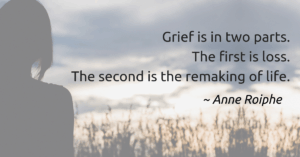
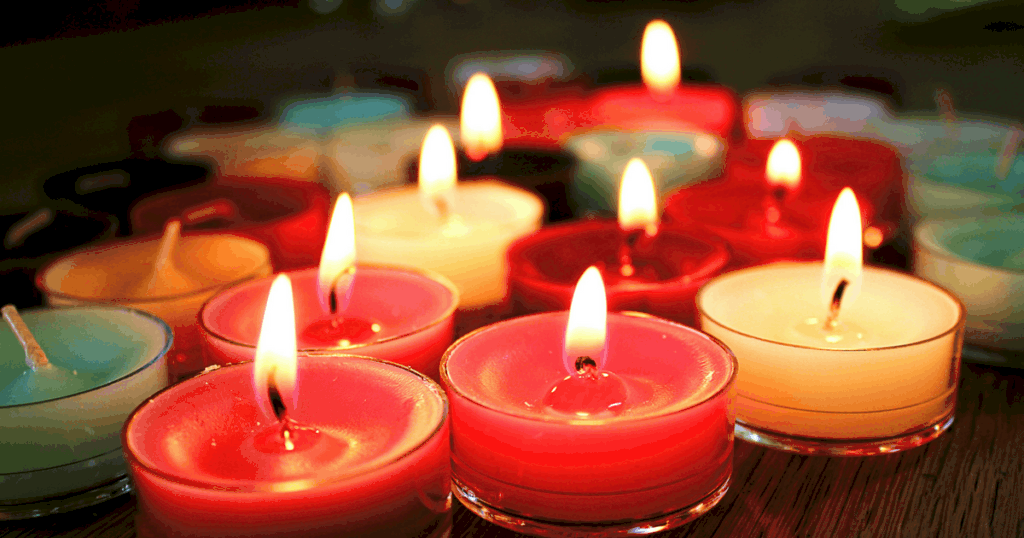
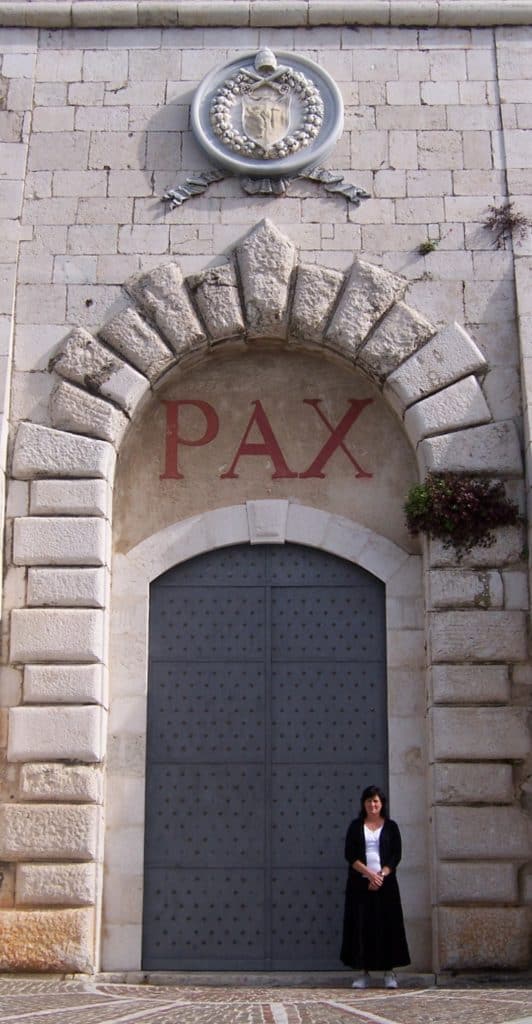 That’s a picture of me in front of the ancient arch way of his Abbey in Montecassino, Italy. I visited in 2006. It was amazing. Their website is amazing too:
That’s a picture of me in front of the ancient arch way of his Abbey in Montecassino, Italy. I visited in 2006. It was amazing. Their website is amazing too:  these practices, so this summer I’m gathering a group to practice listening to God. We’ll meet in north Orange County on Thursdays from 7 – 9pm.
these practices, so this summer I’m gathering a group to practice listening to God. We’ll meet in north Orange County on Thursdays from 7 – 9pm. My earliest memory of the word LOVE, is listening to my mother sing along with singer/song writer, Jackie DeShannon. “What the world needs now, is love, sweet love. It the only thing that there’s just too little of. What the world needs now, is love, sweet love. No, not just for some, but for everyone.”
My earliest memory of the word LOVE, is listening to my mother sing along with singer/song writer, Jackie DeShannon. “What the world needs now, is love, sweet love. It the only thing that there’s just too little of. What the world needs now, is love, sweet love. No, not just for some, but for everyone.”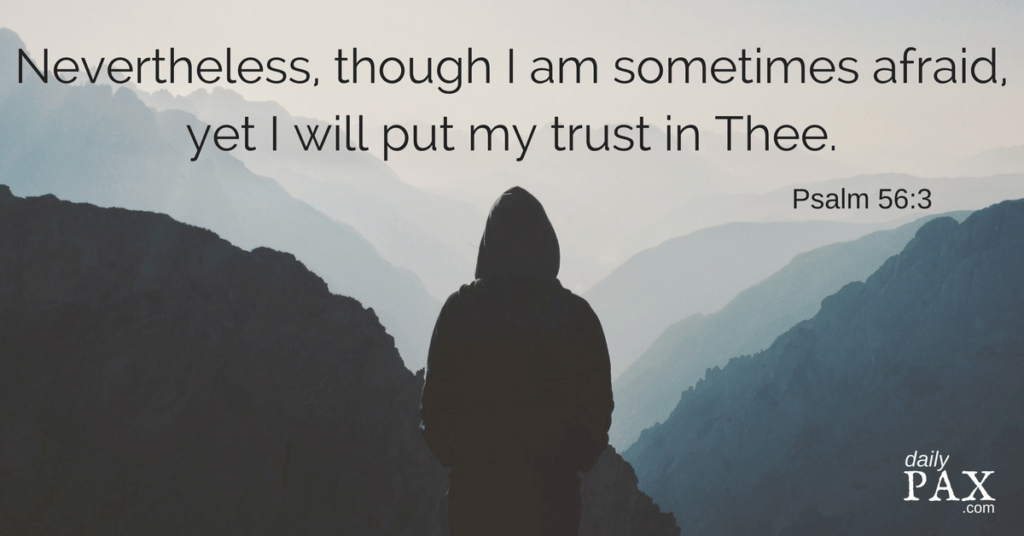 It’s no wonder this word is ambiguous for us today. Once, if you had a faith, you were different, you stood out. Now everyone has a “faith.” I was recently contending with an atheist, (as I enjoy doing) and when I pressed him on some of his vaguer reasons for choosing NOT believing in God, he said, “Well, you know, somethings require a bit of faith.” Yes, I suppose they do.
It’s no wonder this word is ambiguous for us today. Once, if you had a faith, you were different, you stood out. Now everyone has a “faith.” I was recently contending with an atheist, (as I enjoy doing) and when I pressed him on some of his vaguer reasons for choosing NOT believing in God, he said, “Well, you know, somethings require a bit of faith.” Yes, I suppose they do.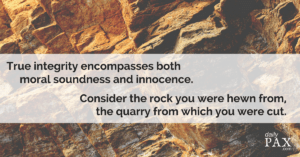
 What is it about this idea or word? For many, the use of the word BLESSED, scratches someplace inside. I’ve spent some time this weekend reading and contemplating why the phenomenon exists, and why many of us struggle when we hear others use the term.
What is it about this idea or word? For many, the use of the word BLESSED, scratches someplace inside. I’ve spent some time this weekend reading and contemplating why the phenomenon exists, and why many of us struggle when we hear others use the term.